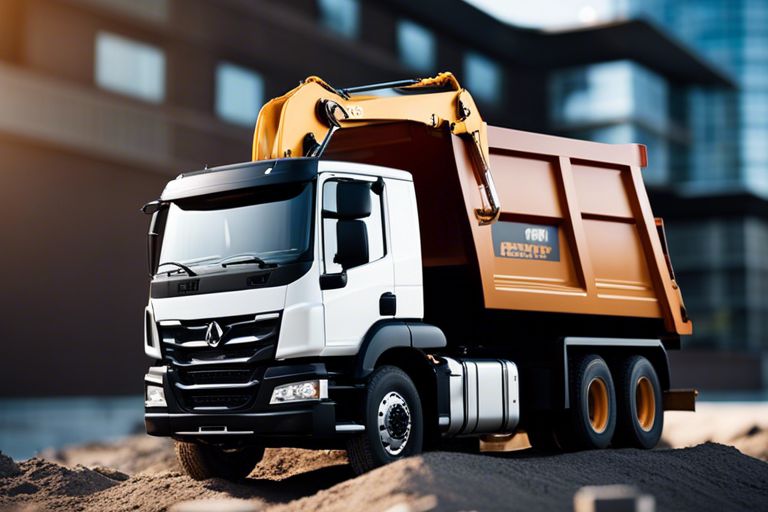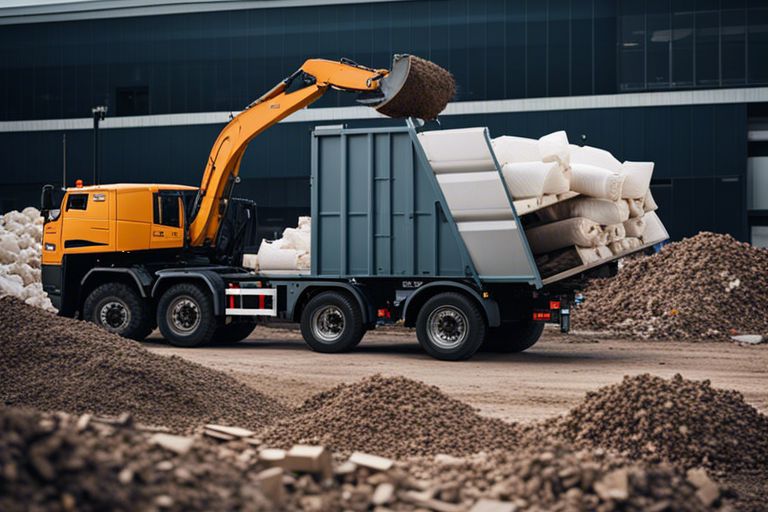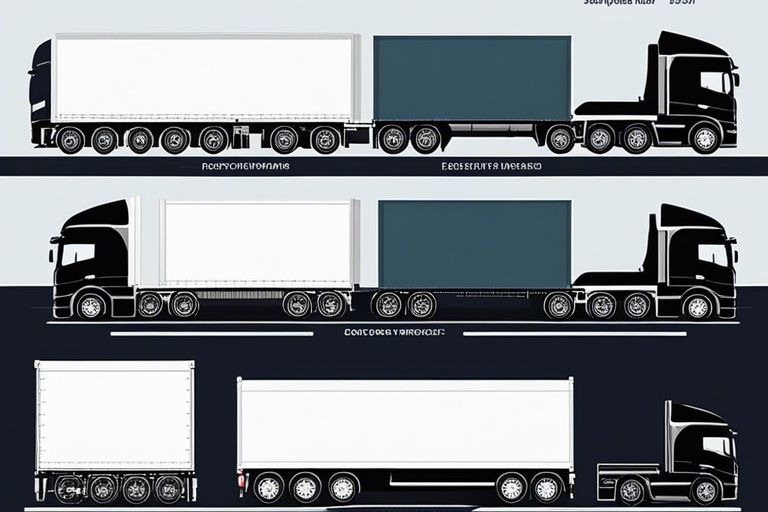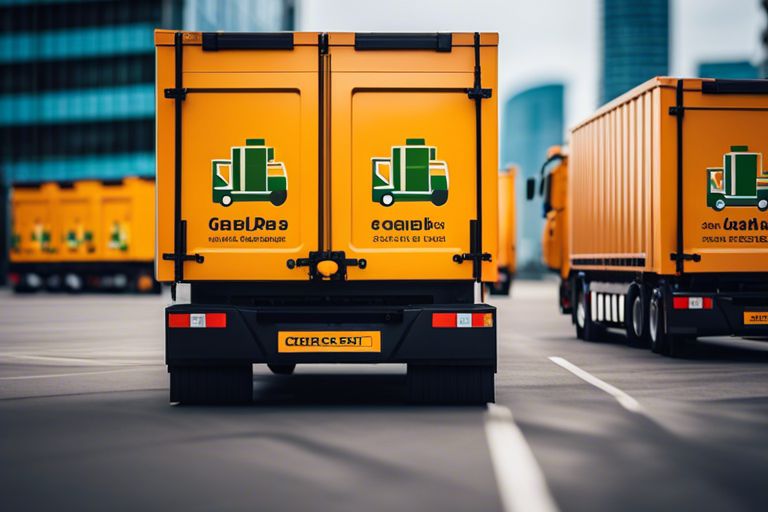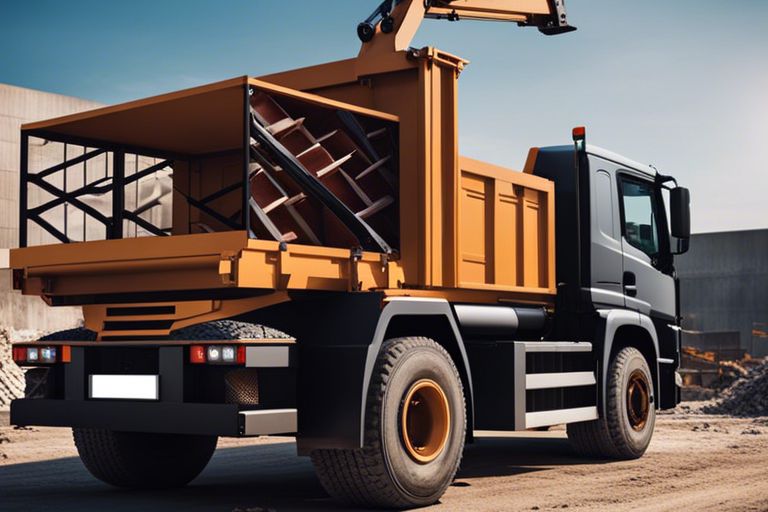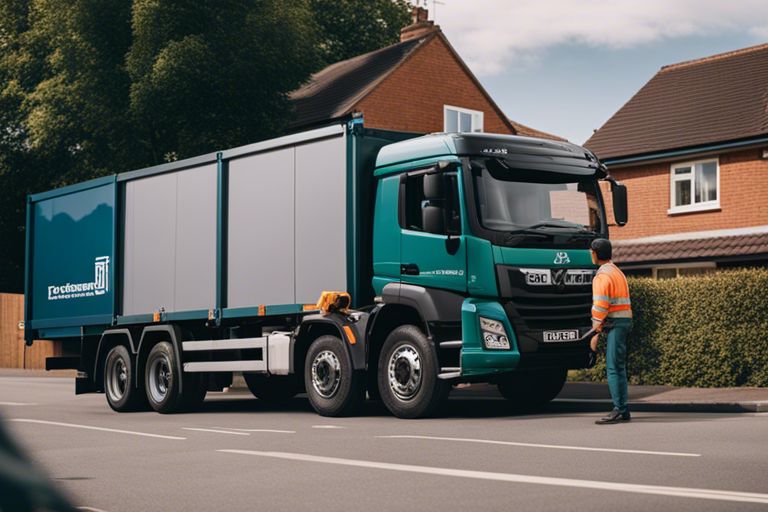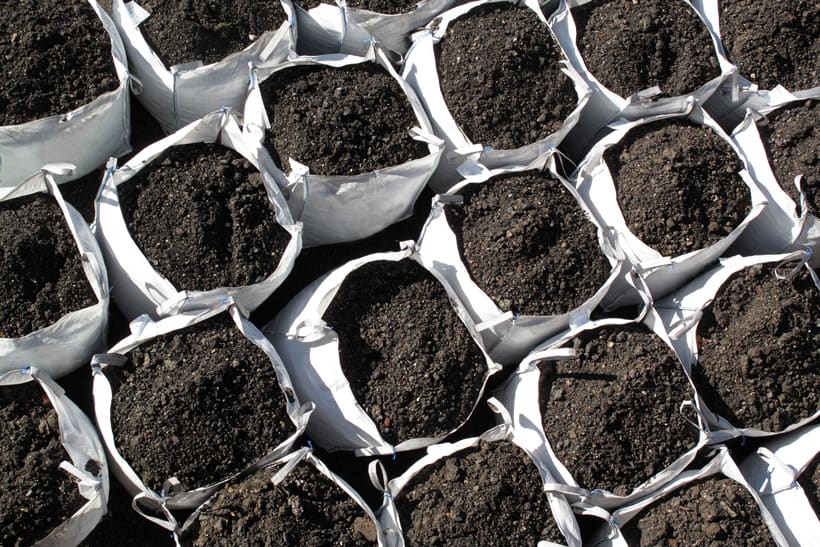Looking to get your garden soil in top shape? Check out our blog for tips on using topsoil, compost, and mulch!
Topsoil: what is it and what are its benefits?
Topsoil is the uppermost layer of soil that is typically composed of organic matter, microorganisms, minerals, and other living organisms. This layer of soil is important for plant growth as it provides nutrients and water retention. Topsoil can also help to regulate temperature and protect roots from extreme weather conditions.
Compost: what is it and what are its benefits? (keywords: compost, topsoil, mulch):
Compost is a type of organic matter that has been decomposed and broken down into a nutrient-rich substance. Compost can be used as a fertilizer or soil conditioner to improve the quality of topsoil. Compost can also help to aerate the soil and improve drainage.
Mulch: what is it and what are its benefits? (keywords: mulch, topsoil, compost):
Mulch is a type of material (such as leaves, bark, or straw) that is spread over the surface of topsoil to protect it from erosion or excessive moisture loss. Mulch can also help to improve the appearance of your garden by adding colour and texture.
Compost: what is it and what are its benefits?
Compost is a type of topsoil that is made up of decomposed organic matter, such as leaves and twigs. It is often used as a mulch to help protect plants from the elements and keep them healthy. Compost also helps to improve the quality of your soil by adding nutrients and improving drainage.
Mulch: what is it and what are its benefits?
Mulch is a layer of material, typically organic, that is spread on top of the soil around plants. Its main purpose is to retain moisture in the soil and prevent weed growth. However, mulch can also provide nutrients and insulate roots from extreme temperatures.
There are many different types of mulch available, including shredded leaves, bark chips, straw, and compost. Some people even use grass clippings or newspapers. The best type of mulch for your garden will depend on the climate and the plants you are growing.
Benefits of using mulch include:
– Reduced water evaporation from the soil
– Soil temperature regulation
– Suppression of weeds
– Improved nutrient retention
– Increased moisture retention
Topsoil vs Compost: Which is better?
There are many benefits to using topsoil, compost and mulch in your garden. They all help improve soil health, increase water retention and protect plants from extreme weather conditions. However, each one has unique properties that make it better suited for certain applications. Here is a quick guide to help you choose the right material for your needs:
Topsoil: Topsoil is the uppermost layer of soil that is rich in organic matter and nutrients. It helps promote plant growth by providing a hospitable environment for roots. Topsoil should be used when planting new trees, shrubs or flowers.
Compost: Compost is made up of decomposed organic matter such as leaves, grass clippings and kitchen scraps. It adds essential nutrients to the soil and helps improve drainage. Compost is ideal for use as a mulch or top dressing on existing gardens.
Mulch: Mulch is a protective covering that helps suppress weeds, retain moisture and regulate soil temperature. It can be made from organic materials such as bark chips, straw or shredded leaves. Mulch should be applied around plants during the growing season to provide optimum protection against harsh weather conditions
Topsoil vs Mulch: Which is better?
When it comes to your garden, you want what’s best for it. After all, a healthy garden is a happy garden. But with so many different types of soil and mulch on the market, how do you know which one is right for your plants? In this article, we’ll break down the difference between topsoil and mulch, and help you decide which one is better for your garden.
Topsoil is a type of soil that is found at the very top of the ground. It is usually dark in colour and rich in nutrients. Topsoil is ideal for gardens because it provides a good foundation for plants to grow in.
Mulch, on the other hand, is a type of material that is spread on top of the soil. Mulch can be made from organic materials like leaves or bark, or inorganic materials like stones or gravel. Mulch helps to protect the soil from erosion and keeps the ground moist by trapping water vapour.
So, which one should you use in your garden? The answer depends on what you want to achieve. If you are looking to add nutrients to your soil, then topsoil is a better option. However, if you are trying to prevent weeds from growing or keep the ground moist, then mulch would be a better choice.
Compost vs Mulch: Which is better?
There are many benefits to using either compost or mulch in your garden. However, there are also some key differences between the two that you should be aware of before making a decision about which one to use.
Compost is made from organic matter that has been decomposed and is a great source of nutrients for your plants. It can also help to improve the texture of your soil and increase its water-holding capacity. Mulch, on the other hand, is a layer of material (usually organic) that you spread over the surface of your soil. It helps to protect your plants from extreme weather conditions, reduce evaporation and keep weeds at bay.
So, which one should you use? If you’re looking to improve the quality of your soil, then compost is the way to go. However, if you want to make sure your plants are protected from the elements and keep weeds under control, then mulch is probably a better option.
Topsoil, Compost, and Mulch: Which is best for your garden?
The three main types of soil amendments are topsoil, compost, and mulch. All three can be beneficial to your garden, but which one is best for you depends on your specific needs. Here is a brief overview of each type of soil amendment:
Topsoil: Topsoil is the uppermost layer of soil that contains a high concentration of organic matter. It is also relatively loose and easy to work with, making it ideal for gardens that need frequent tilling.
Compost: Compost is made up of decomposed organic matter, such as leaves and grass clippings. It helps improve drainage and aeration in the soil while also adding nutrients that plants need to grow.
Mulch: Mulch is any material (usually organic) that is spread over the surface of the soil to help suppress weeds and conserve moisture. Mulches can include things like wood chips, bark, straw, and even cardboard.
How to choose the right Topsoil, Compost, or Mulch for your garden
When it comes to your garden, the type of soil you use can make all the difference. That’s why it’s important to choose the right topsoil, compost, or mulch for your particular needs. Here are a few things to keep in mind when making your selection:
1. Consider what you want to grow. Different plants have different soil requirements. Make sure you choose a soil that will be suitable for the plants you want to grow.
2. Think about drainage. Good drainage is essential for healthy plant growth. If your soil doesn’t drain well, consider using a mix of topsoil and compost to improve its drainage capacity.
3. Choose organic options whenever possible. Synthetic fertilizers and pesticides can be harmful to both people and the environment. Opt for organic topsoil, compost, and mulch whenever possible.
4. Don’t skimp on quality. Cheap soils may seem like a good deal at first, but they often don’t provide the nutrients plants need to thrive. It’s worth spending a little extra on high-quality topsoil, compost, and mulch from a reputable supplier

